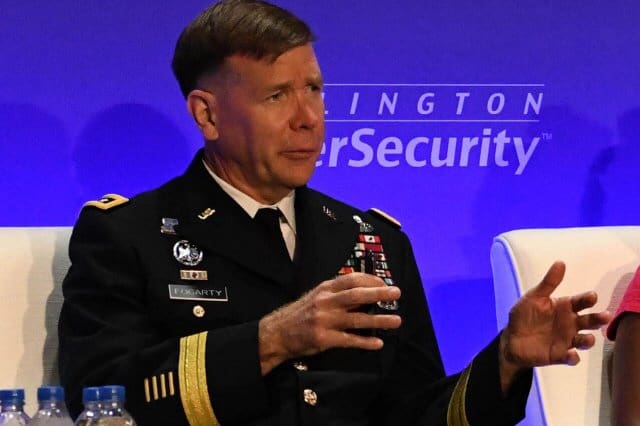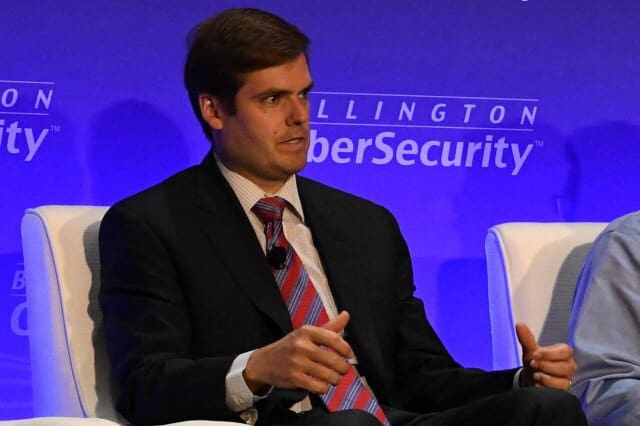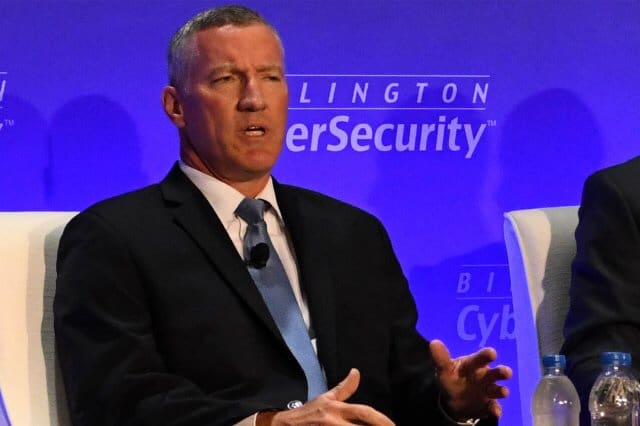WASHINGTON — The military is doing a great job recruiting cyber talent into military and civilian service, but retention is more difficult, said the deputy assistant secretary of defense for cyber policy said at the Billington Cybersecurity Summit in Washington.

“We have people lined up out the door that are ready to come onboard and do the mission, whether it’s cyber operations or traditional cybersecurity,” Burke E. “Ed” Wilson said at last week’s event.
Wilson said Congress gave the military some unique authorities that have helped in hiring qualified civilians.

“This has allowed us to hire with more agility based on the talent,” he said. “That’s been a big win, and we’ve seen very good results over the last 18 months.”
But the challenge is retention. “Clearly, we don’t do well on salary in the military, but we’ve been able to handle that with bonuses,” Wilson said, adding that the strategy is working well, except in some niche areas.

John “Jack” Wilmer, the Defense Department’s deputy chief information officer for cybersecurity and chief information security officer, said young people are attracted to the military because it has a “cool mission.” To keep them, the military provides them with some really great training opportunities, he said.
Cyber games, for example, allow them to go toe-to-toe with some of the best cyber warriors from other countries, he said. “We try to incentivize people and connect them with opportunities,” he added.
Army Lt. Gen. Stephen Fogarty, commander of Army Cyber Command, said another way to incentivize the workforce while solving difficult cyber problems is to organize the cyber workforce into teams.
Teams can be made up of people who are experts at electronic warfare, information operations, intelligence, developers, malware analysts and other specialties based on the type of operation they’re engaged in, he said.
The teams can extend outside the U.S. military and include foreign military partners, commercial vendors and academia, Fogarty said.
“We very rarely act without a consortium of partners. I can’t think of a single operation that didn’t include multiple partners,” he said. “Young people reach out to their peers and build their own networks. They’re very successful at building these ad hoc relationships, and they get after the mission.”
By David Vergun, Defense.gov


meme worthy stoic faces
Like many capabilities and efforts, money and manpower was thrown at powerpoint planning notions.
I watched Army cyber units grow at a supernova pace only to tear themselves apart in “idle hands are the devil’s workshop” and subsequent siren-song of industry and other government agencies.
Fogarty is a good leader and realist; unfortunately the field grade leadership below him created this situation.